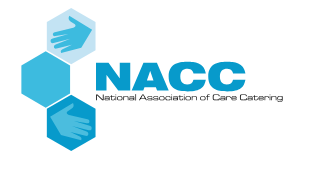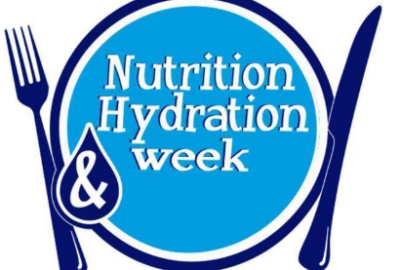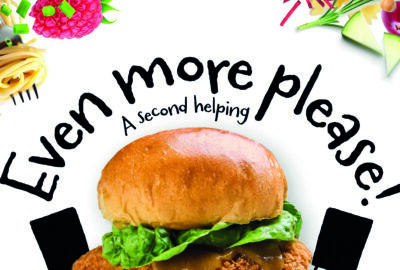About the Clink Charity
The Clink Charity, an organisation that prepares serving prisoners for employment in the hospitality industry has taken on its first apprentices. The programme is run in partnership with HIT Training, which will provide expert online workshops and face-to-face on site training. The partnership is also working with national and local employers to help secure permanent roles for prisoners on release.
Gemma Slater from The Clink Charity says, “The scheme will give students a direct route to employment, enabling them to start a career in hospitality. While many students have already been working in Clink training schemes and studying towards hospitality qualifications, this programme provides an additional pathway to employment. Our mission is to enable people in prison to change their lives for the better and not commit further crimes on release from prison.”
The Apprenticeship Scheme
The programme includes a minimum level of English and Maths, which is a condition of completion. Clink students with nine to 12 months remaining on their sentences can apply for the programme, although candidates outside this time frame will be considered on a case-by-case basis.
Gemma adds, “The apprenticeship programme is split with up to nine months in a Clink training location and the remaining time with an employer (delivered by HIT Training). On release, candidates will then work towards full completion of the course and their apprenticeship. With this programme, students gain access to skills, training and support with a guaranteed job on completion.”
Students can train towards several different industry standards, for example, Commis Chef Level 2
or Production Chef Level 2. An important element of the scheme is that students receive support and mentoring from The Clink’s team. This includes assisting with benefits, housing, reintegration and relocation as well as food, accommodation and childcare. Gemma says, “In the same way that typical Clink students receive help, the resettlement support worker responsible for that location will meet with the student around three months before they are released from prison. They will assess the person’s lifestyle outside prison, whether they have a support network, what accommodation they have access to and work with them to make the transition back into society a positive one.” Jill Whittaker from HIT Training adds, “The ultimate aim is that prisoners will continue working for their apprenticeship employer and successfully reintegrate into society.”
There are many advantages for businesses taking on a prisoner apprentice. As Jill says, “Not only do they make reliable, loyal and attentive members of staff due to the support they receive, but they can also boost motivation within teams and increase productivity. We would urge all employers to contact us and get involved with the scheme and help reduce reoffending.”
The Goal
The Clink Charity’s goal is to reduce reoffending through training and supporting people into employment after release. In 2023, it trained 830 students in prisons around the UK, delivered around 550 NVQ qualifications and placed 52% of students into employment. It operates restaurants open to the public, an award-winning bakery and Clink Events. The Clink Charity trains in 31 prison kitchens and
two Clink Gardens.
Visit https://theclinkcharity.org/ and https://hittraining.co.uk/resources/apprenticeships-for-prisoners for further information.
Supporting Success in Education Catering
Get the latest School and Education Catering News, along with helpful tips to support positive behaviour and student achievement



